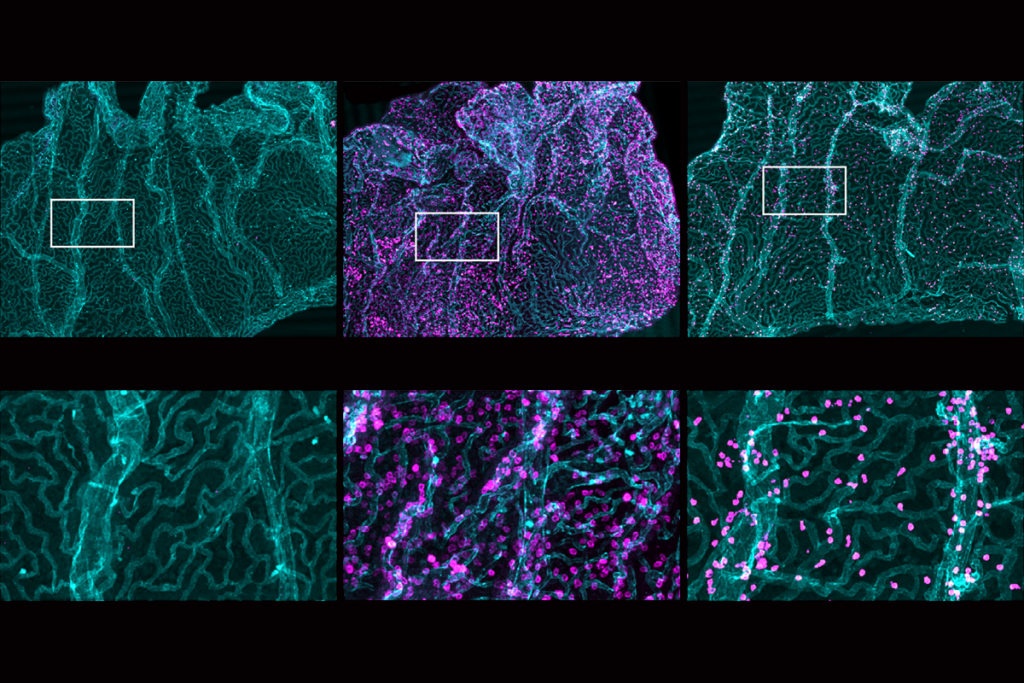Nachum Ulanovsky is professor of neuroscience and head of the Zuckerman Center for Research on Learning, Memory and Cognition at the Weizmann Institute of Science. He studies the neural basis of spatial and social behaviors in the mammalian brain, using bats as a novel animal model that he pioneered.
His group developed wireless-electrophysiology devices, which enabled the discovery of 3D place cells, 3D head-direction cells and 3D grid cells in flying bats; as well as the discovery of goal-vector cells, which encode navigational goals; and social place-cells, which represent other individuals in a social context. Ulanovsky performs experiments in bats flying in very large environments—large flight rooms, tunnels hundreds of meters long, and huge mazes, and he even records neurons outdoors on a remote oceanic island—during navigation and social interactions.
After earning his B.S. in physics and Ph.D. in neural computation at the Hebrew University of Jerusalem, he did his postdoctoral work at the University of Maryland. He established his own lab at the Weizmann Institute in 2007.
Ulanovsky is an international honorary member of the American Academy of Arts and Sciences and author of the book “Natural Neuroscience: Toward a Systems Neuroscience of Natural Behaviors,” published in 2025 by MIT Press. In this book, he departs from the classical reductionist approach and argues that neuroscience should shift toward natural behaviors, real-world relevance and ecological validity. He posits that when studying any brain region in any animal species, it is crucial to pursue the animal’s natural behaviors and consider the natural problems it needs to solve. The book makes connections across the four major scientific disciplines that focus on understanding behavior—neuroscience, behavioral ecology, ethology and psychology—aiming to bring them closer together, and closer to real life.


